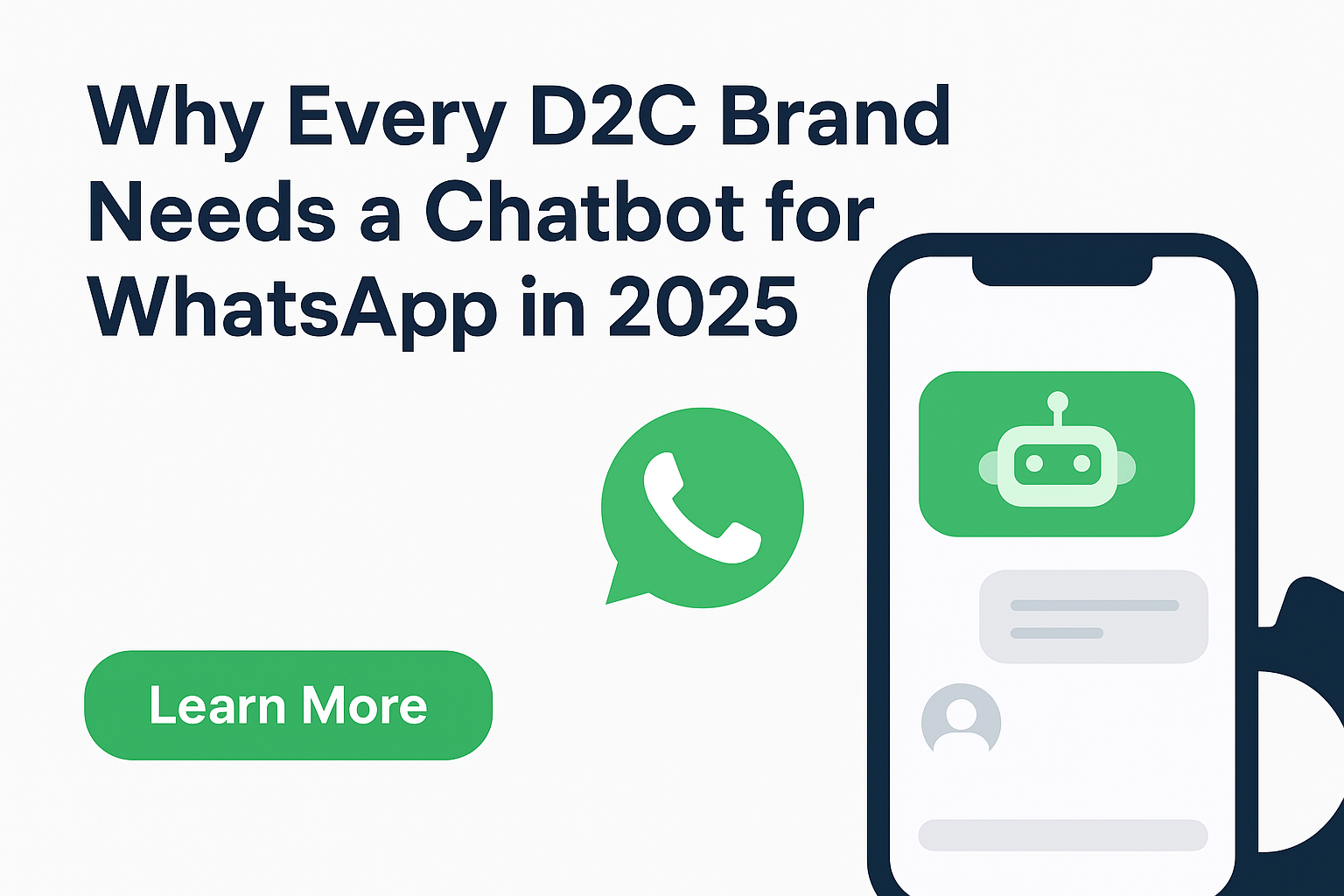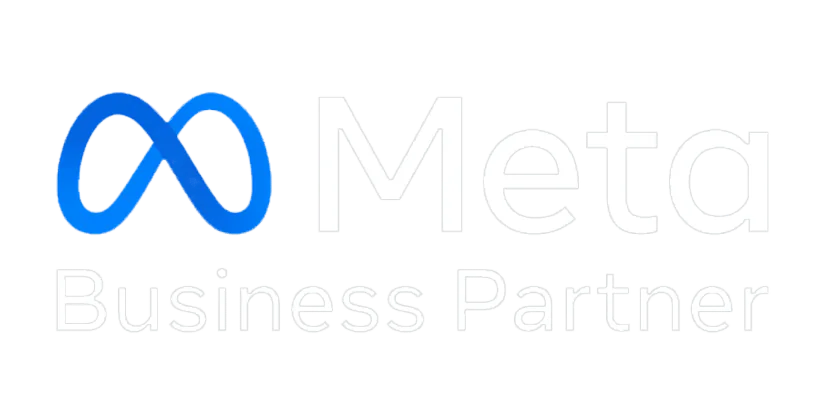Why Every D2C Brand Needs a Chatbot for WhatsApp in 2025

Introduction In the fast-moving world of direct-to-consumer (D2C) brands, customer expectations have never been higher. Shoppers expect rapid responses, seamless checkout, and personalized service—all the time. Enter the WhatsApp chatbot: a tool that delivers real-time engagement, automates routine tasks, and scales your support and sales channels. In 2025, having a strong chatbot for WhatsApp is no longer a luxury—it’s a necessity. This post explores why every D2C brand should adopt a WhatsApp chatbot this year, the benefits, best practices, and how to get started. What Is a WhatsApp Chatbot A WhatsApp chatbot is an automated messaging solution integrated with WhatsApp (often via the WhatsApp Business API) that can respond to customers, guide them through workflows, share product catalogs, process certain requests, and even facilitate purchases. Unlike manual support, where human agents must respond each time, the chatbot can handle routine interactions, FAQs, order updates, abandoned cart reminders, etc., freeing human time for higher-complexity or high-value tasks. Best Practices for D2C Brands Using WhatsApp Chatbots Challenges & Things to Watch Out How to Get Started with a WhatsApp Chatbot for Your D2C Brand Also, check out this detailed look at WhatsApp chatbot message automation to deepen your strategy: WhatsApp chatbot message automation FAQs About WhatsApp Chatbots for D2C Brands Q1. What is a WhatsApp chatbot? A WhatsApp chatbot is an automated conversational tool that interacts with customers on WhatsApp, answering queries, providing updates, and facilitating sales without human intervention. Q2. Why do D2C brands need a chatbot for WhatsApp in 2025? Because consumers demand instant, personalized service. WhatsApp chatbots boost customer satisfaction, reduce costs, and increase conversions—making them essential for D2C success in 2025. Q3. Can a WhatsApp chatbot handle complex customer queries? Yes, but for very complex or emotional issues, a hybrid approach is best: the chatbot handles routine tasks and escalates complex cases to human agents. Q4. Do I need coding skills to set up a WhatsApp chatbot? No. Many platforms allow drag-and-drop chatbot building without coding. Providers like TheBotMode help D2C brands get started quickly. Q5. How much does a WhatsApp chatbot cost? Costs depend on your provider, usage, and message volume. Small brands may start at a low monthly fee, while enterprise plans scale with advanced automation. Q6. Can WhatsApp chatbots help increase sales? Yes. They recover abandoned carts, upsell related products, and personalize offers, often doubling conversion rates compared to traditional channels. Q7. Is a WhatsApp chatbot compliant with WhatsApp rules? Yes—if built via official Business API providers and using approved templates for proactive messages. Compliance ensures uninterrupted service. Conclusion In 2025, a WhatsApp chatbot is more than just an add-on—it’s a core part of what makes D2C brands competitive. From boosting conversions and reducing costs to delivering the kind of customer experience shoppers increasingly expect, there are many compelling reasons to act now.













